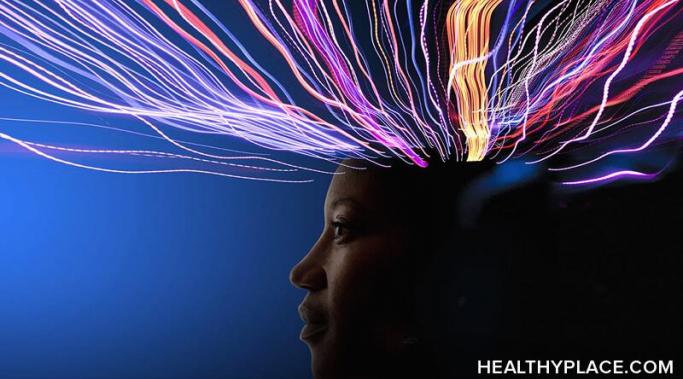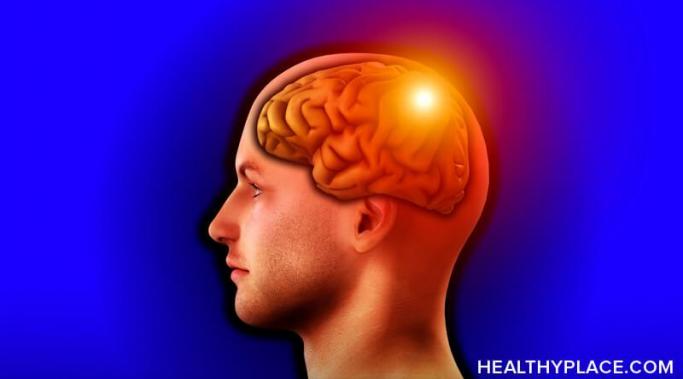One of the most important components of any healing journey is finding the right therapist, and this is especially true when you have dissociative identity disorder (DID). That being said, it is critical to find a therapist who can work with you and your specific needs to set you on the right path toward recovery.
DID Treatment
Growing up, meditation was something I was completely unfamiliar with, and never openly talked about by the adults in my life. It wasn’t until I was diagnosed with dissociative identity disorder (DID) that I learned the importance of meditation in every sense of the word.
If you know someone who is living with a mental illness, such as dissociative identity disorder (DID), you may hear the word “grounding” used in regards to managing the condition. What does this mean, and how does it impact those living with DID?
When you are living with a mental health condition such as dissociative identity disorder (DID), therapy is often a part of the treatment plan. Cognitive behavioral therapy (CBT) can be an effective launching point, but in my personal experience, it’s been specialized therapy for DID that has helped me grow by leaps and bounds.
Living with dissociative identity disorder (DID) means you need as many tools as you can find to remain grounded and stable. This can be difficult when you are trying to balance a routine made up of work, family and friends. However, I’ve been able to find solace in an unusual place: my iPhone.
I’ll never forget the first time I was prescribed medication for my mental health. At this point in my life, I was undiagnosed and had suffered a panic attack. At a loss, I met with my primary care physician for help. After a brief consultation, she sent me home with a prescription for a common selective serotonin reuptake inhibitor (SSRI). I did not know that this would be the first of many medications I would take on my healing journey.
Long before I was diagnosed with dissociative identity disorder (DID), I was able to hold a pencil with my hand. It was only then that I realized that I could transport myself to anywhere my imagination could take me. I would spend literally hours in my bedroom, doodling and doing anything I could to get away from the trauma of my household.
Coronavirus (COVID-19) is affecting my dissociative identity disorder (DID) symptoms. Living with DID means experiencing a wide array of different symptoms, ranging from anxiety to depression. Environmental factors can trigger these symptoms in my various personalities, depending on their particular trauma. Unfortunately, the COVID-19 outbreak has been a catalyst for a series of emotions I’ve been experiencing as of late.
Can the emotional freedom technique (EFT) help those living with dissociative identity disorder (DID)? For many people with DID, every day can feel like living with your head in the clouds. Dissociation, in its simplest form, is the process of disconnecting from your thoughts and emotions. It wasn’t until I entered therapy that I learned the importance of grounding myself, getting back into my head, and ultimately regaining control of my life.
Should a loved one or a friend ever be allowed to force a switch in someone with dissociative identity disorder (DID)? What does forcing a switch mean? Let's go back to basics first.









